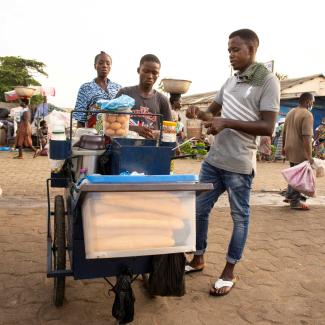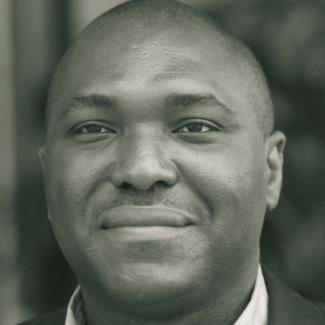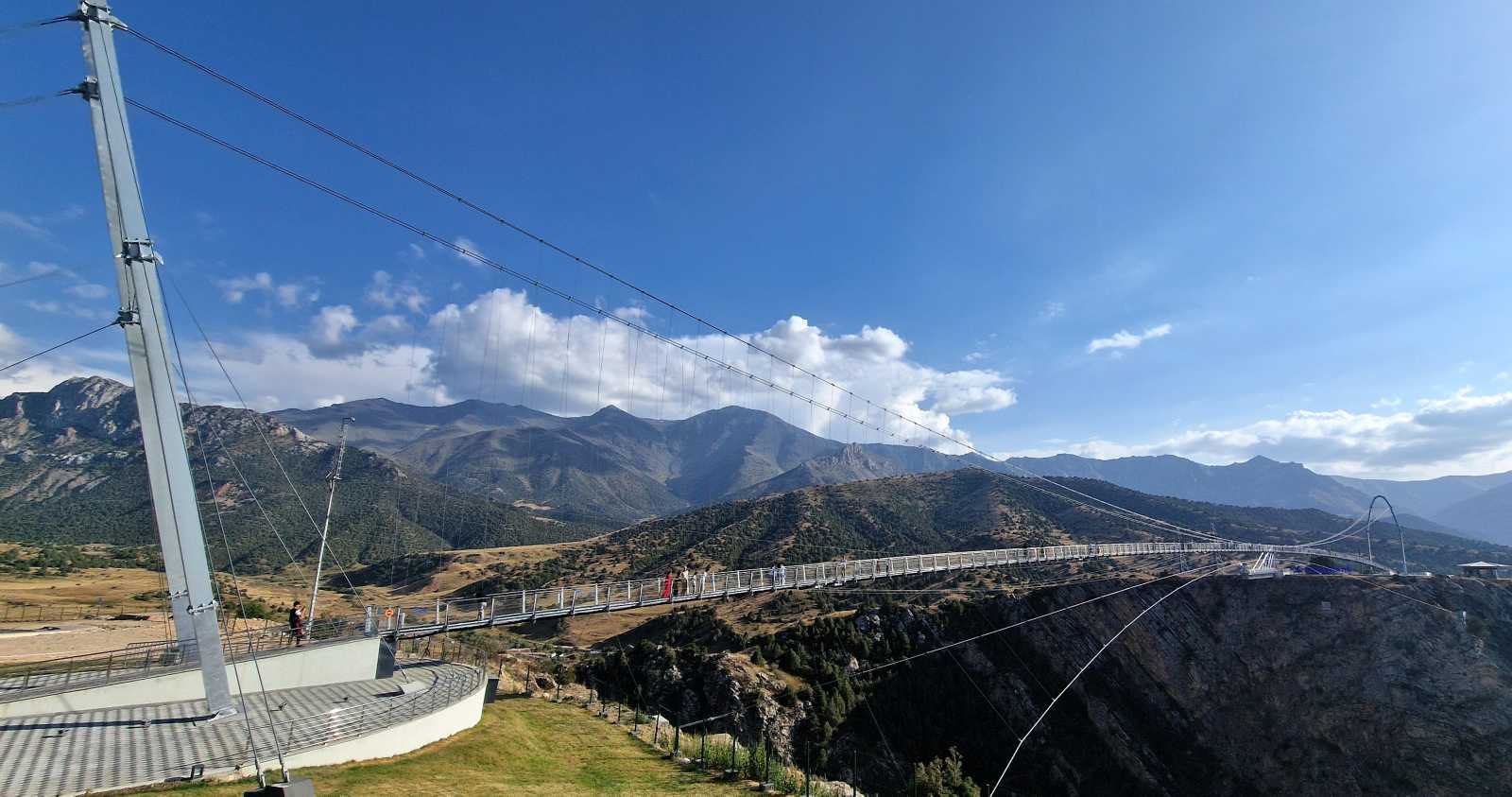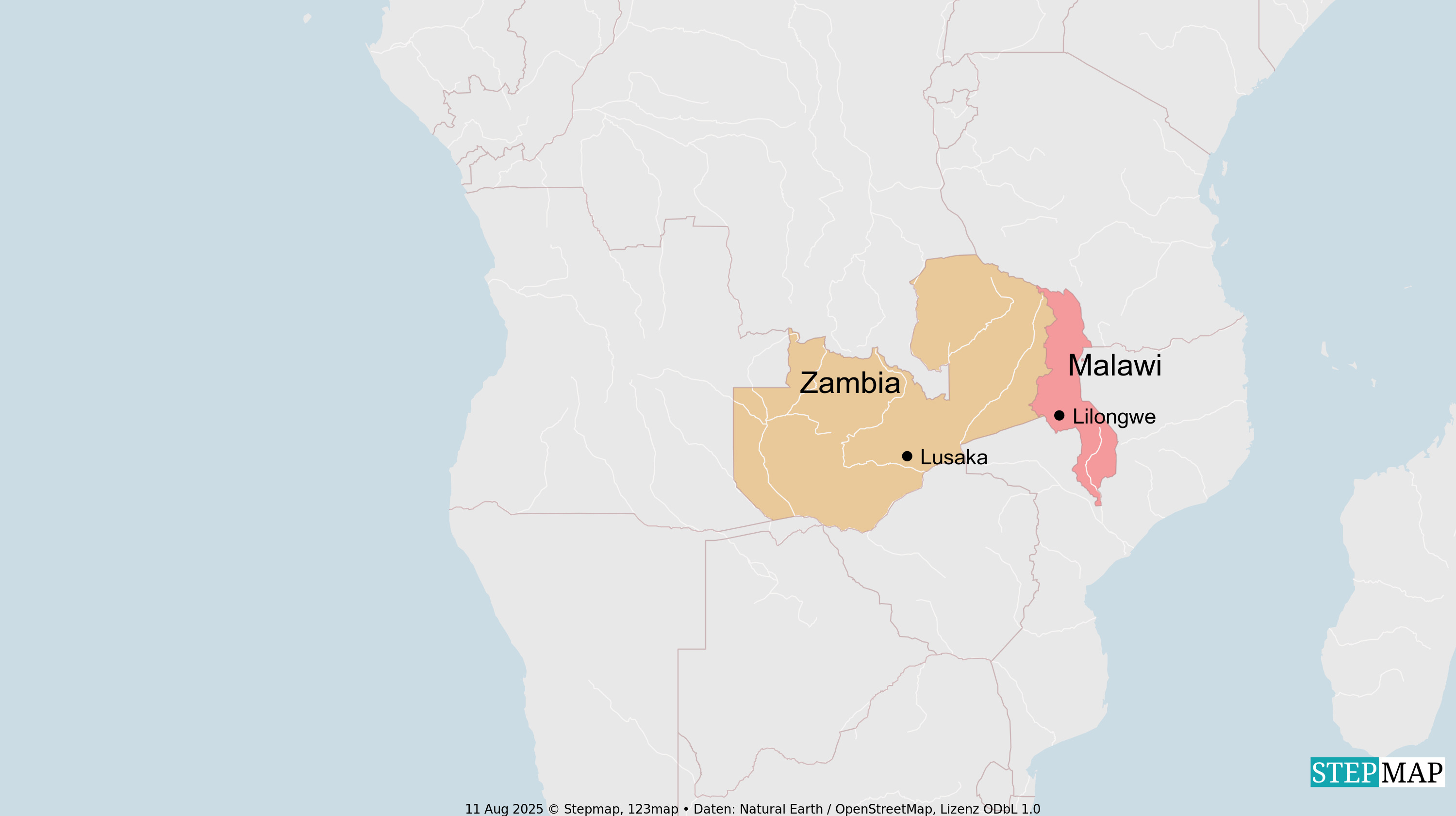Social protection
Togo’s temporary basic income by text message

Modernity and progress become evident in people travelling around the globe fast, scientists exploring outer space or international digital communications. At the same time, the UN Development Programme points out that 1.2 billion people live in acute poverty.
The gap between the rich and poor is widening, with social disparities getting worse in all countries. Global trends exacerbate problems – from climate change to inflation and the lingering impacts of Covid-19. In developing countries, many people still do not even have access to safe water and electric power. At the same time, far too many people even in prosperous nations do not have a secure livelihood or reliable access to health services, in spite of spectacular technological progress.
Things could be different. Solutions are feasible. During the Covid-19 pandemic, Togo introduced a basic income which poor people could access by text message.
The challenge of a health crisis
It is commonly said that every crisis offers some opportunities. It proved true in the Covid-19 crisis, when protecting people became the political priority. To stem the spread of the disease, decisionmakers in both the public and private sectors had to respond creatively. An equally important challenge was to prevent masses of people dropping deeper into poverty.
In countries with high incomes, subsidies for private-sector enterprises and the established tools of social protection served these purposes. In many countries with low and middle incomes, that was not feasible however. The main reason was that a large share of economic activity is informal.
In West Africa, for example, some 80 % of the people depend on informal jobs. Whether they work as street vendors in small workshops or around the fields, the businesses are not registered, and there are no reliable employment statistics. The informal sector is operating in plain sight, but it is not monitored by government agencies. It is not illegal, but largely unregulated.
Neither income taxes, nor corporate taxes are collected. There is no equivalent of payroll taxes with which high-income countries fund social protection schemes. In less fortunate countries, governments thus lack both the financial means they would need for inclusive social protection programmes and the data that would allow them to distribute the money sensibly. Some countries, however, have introduced mutual health insurance schemes.
€ 10 per week
When coronavirus surged, Togo’s government opted for an innovation in 2020. It introduced a cash-transfer programme called “Novissi”. This word means solidarity in Ewe, one of Togo’s most spoken languages.
Various African countries use different kinds of cash-transfer programmes to fight rural poverty. The big advantage is that recipients decide how to use the money in ways that help them best. This approach has proven to be more efficient than supplying people, households or communities with specific predefined goods or services.
Novissi was particularly ambitious because it covered the entire nation, providing support to people with informal jobs in both rural and urban areas. All they needed was a mobile phone, so they could send and receive text messages. Today, almost everybody has one, and even first-generation devices can be used for text messaging.
To get access to Novissi, one had to indicate the number of one’s identity card or voters card as well as the kind of informal job one had been doing. The number was then verified with government data. Smart, deep-learning computer programmes served Novissi to identify the poorest regions and the most vulnerable people. The World Bank and two US-based universities lent technological support.
Those who were acknowledged to be deprived informal sector workers were then sent a code which allowed them to pick up money at a relay station. The system was simple, so people could use it even if they had no access to other kinds of financial services.
How much money a person got depended on their sex. Women were entitled to 12,500 CFA francs (the equivalent of € 20) every two weeks, while men were only paid the equivalent of € 16. The reason for this positive discrimination was that women typically manage family expenses in Togo.
According to the Novissi website, the programme had registered 1.6 million people or about 17 % of Togo’s people in early February 2023, and had disbursed about € 20 million to 820 000 beneficiaries.
Overburdened by the costs
Because of the high costs, the government had to scale the programme down in early 2021. Novissi had been supported by institutions like the World Bank, the French governmental agency AFD and private donors via the platform Give Directly. Togo has no mechanism to fund this kind of social protection scheme on its own in the long run and would need more international support to keep Novissi going for all people in need.
To eradicate poverty as envisioned in the UN development goals, every country needs sustainable social protection. Given that economic shocks are increasingly being caused by international phenomena such as environmental change or inflation, there is a need for global solidarity. Small countries with low incomes have not caused these problems – and they cannot rise to the challenges on their own.
Link
Novissi:
https://novissi.gouv.tg/
Samir Abi is an economist and the head of Visions Solidaires, a civil society organisation in Togo.
samirvstg@gmail.com












